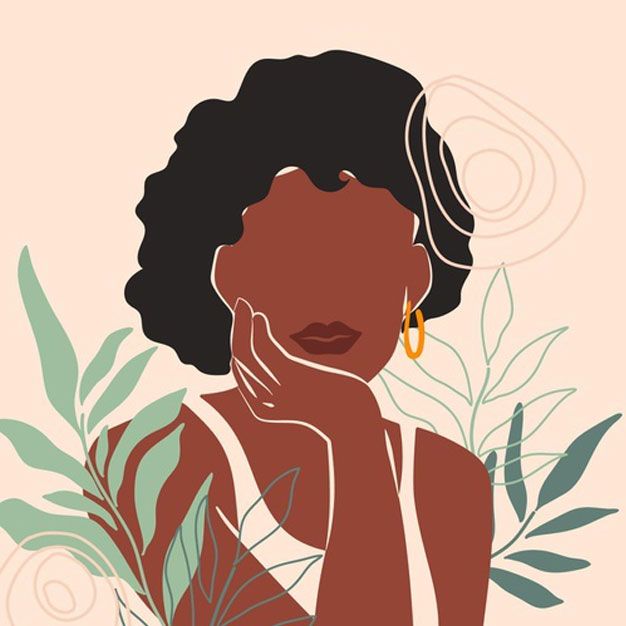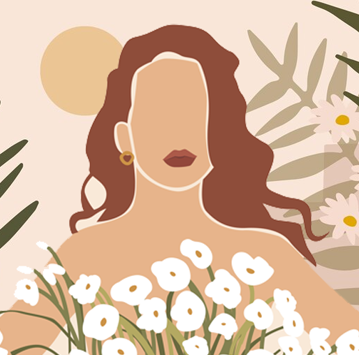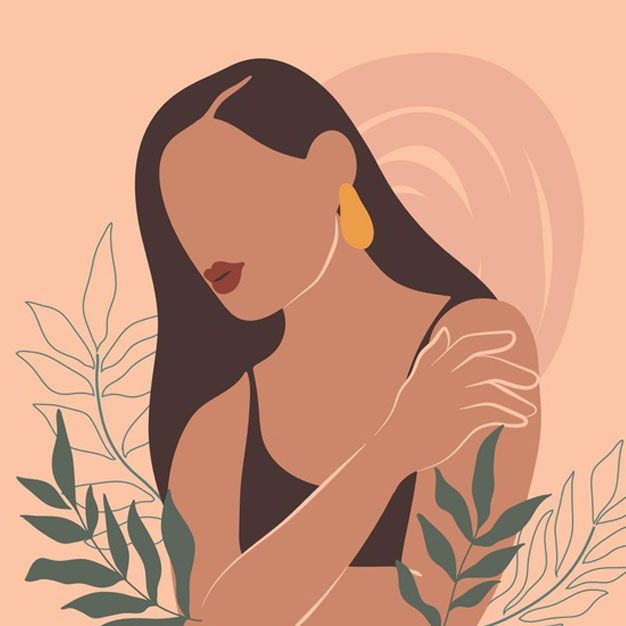Hey beautiful! My name is Diane and I’m the founder of Healing from Hair Pulling. For more than 35 years, I looked for answers, options and hope before finally discovering what I needed to heal from chronic hair pulling.
As I learned, I decided to help more women get to the root of the issue too. That’s why I built HFHP as an educational community, to serve as a healing resource for women who are also looking for answers, options and hope.
Today, I want to talk with you about something really important. We know that living with trichotillomania (TTM) can be challenging when we have a flare-up (that strong urge to pull out your hair, often in places like your scalp, eyebrows, and eyelashes).
What you might not know is how this can connect to other feelings like anxiety and depression.
I recently read a 2024 clinical study titled Impulsivity in Adolescent Girls Diagnosed with Trichotillomania: An Evaluation of Clinical and Neuropsychological Characteristics, and it really helped me understand this connection better. I think it might be helpful for you too, so I’ve shared some of what I learned from the study below.
Trichotillomania isn’t just about hair-pulling—it can also affect how you feel about yourself and the world around you. The study found that many women and girls with TTM experience a lot of social anxiety and depression.
This means that the more we struggle with anxiety or feeling down, the more likely it is that our hair-pulling might get worse. It’s like a cycle that feeds on itself, making things harder.
One of the big takeaways from the study is how closely social anxiety is tied to TTM. When you’re worried about how others see you—especially if you’re self-conscious about visible hair loss—it can lead to a lot of stress and anxiety.
This fear of being judged or not accepted by others can make us want to avoid social situations altogether.
And that anxiety? It can make the urge to pull even stronger.
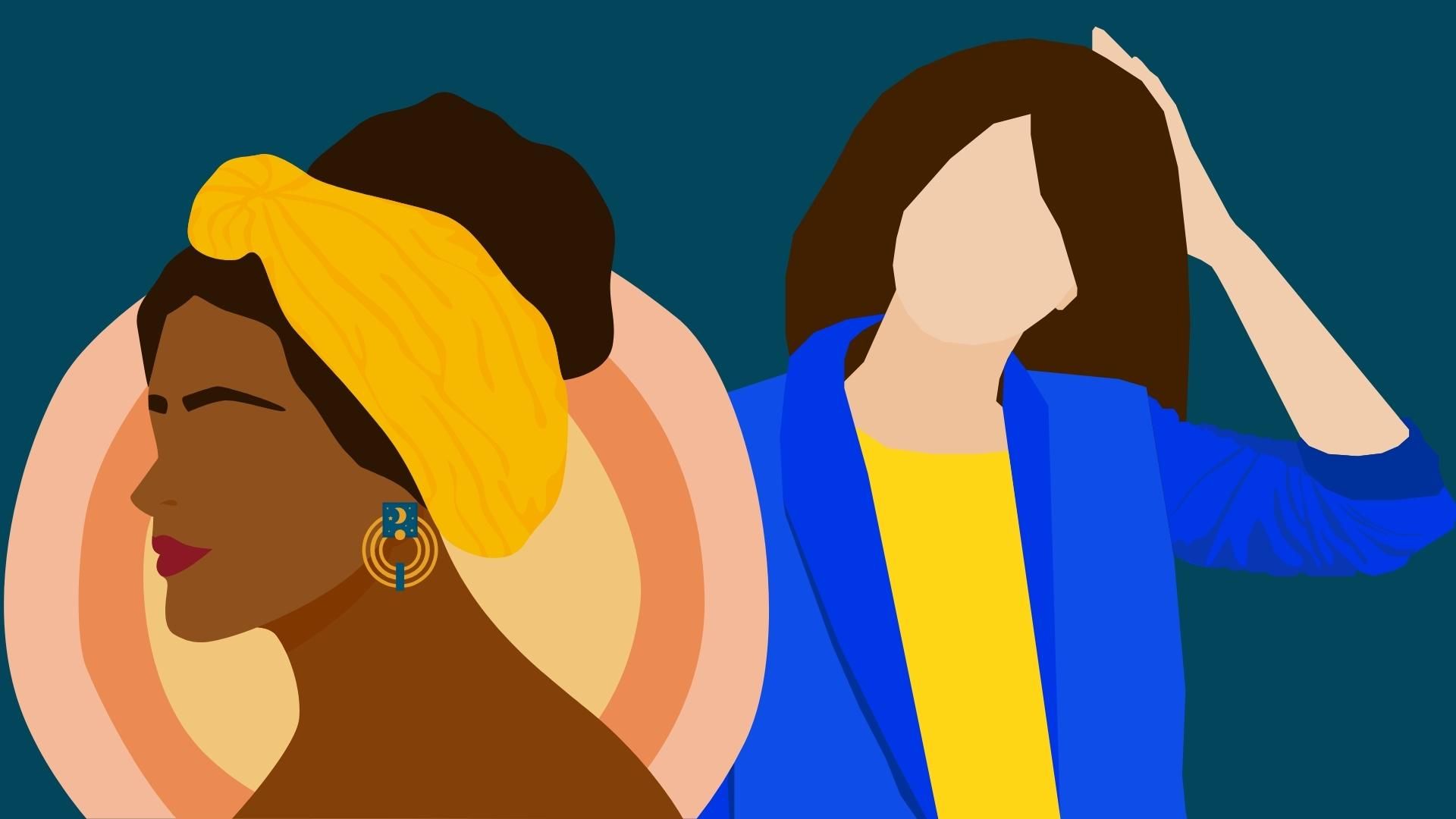
Something else that stood out to me is how much TTM can affect how we see ourselves. About
80% of women in the study felt really concerned about their appearance, and some even had a medical condition called body dysmorphic disorder (BDD), where they become overly focused on perceived flaws (that are not necessarily flaws).
It’s totally understandable—losing hair can make us feel less attractive, and that can make us want to hide away. I did so myself for many years.
Many of us go to great lengths to cover up our hair loss, whether it’s with wigs, hats, or makeup. But this can take up so much time and energy, often leaving us feeling even more isolated.
The study also pointed out that people with TTM are often seen differently by others. In fact, when teenagers watched videos of someone with TTM, they saw them as less socially acceptable compared to someone without any noticeable habits.
This kind of social reaction and rejection can really hurt, making us feel even more alone and possibly worsening our anxiety or depression. It’s a reminder of how important it is to surround ourselves with people who truly understand and support us.
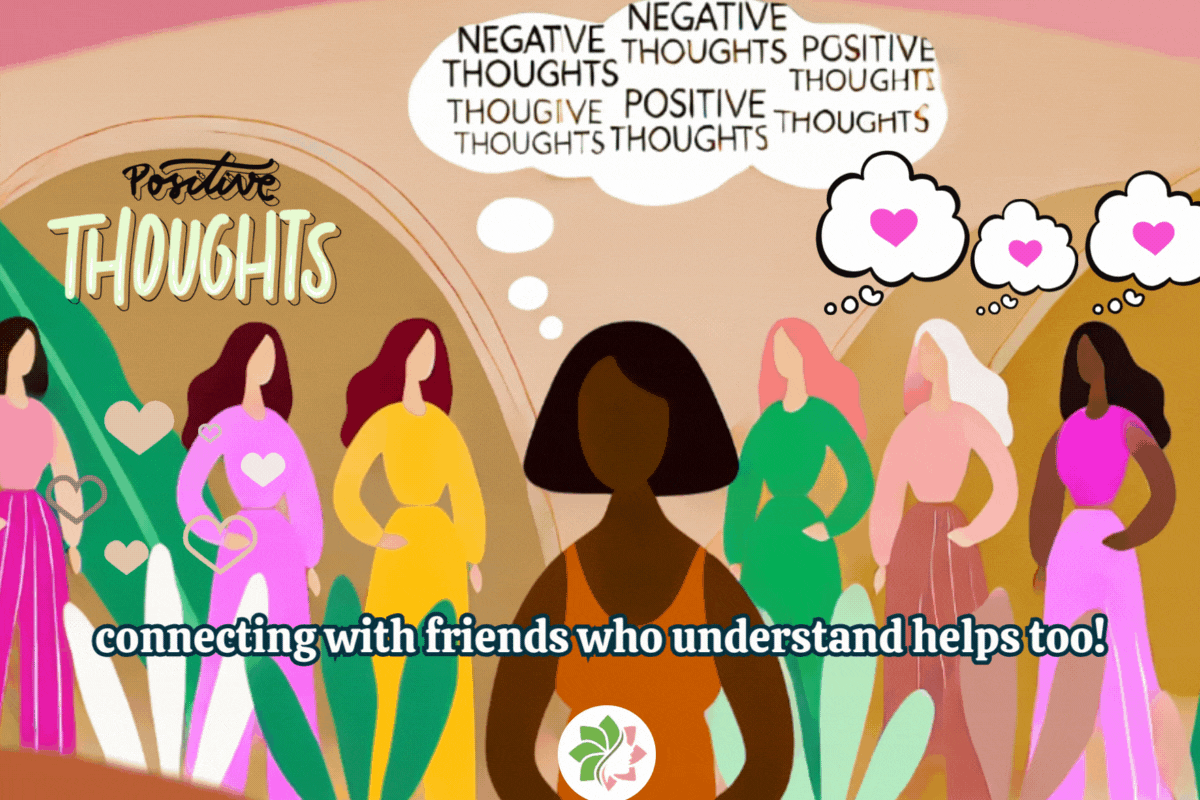
Knowing all this, it’s clear that managing social anxiety is a big part of managing TTM. If you’re feeling anxious about how others see you, or if you’re avoiding social situations, it’s important to address those feelings head-on.
Finding ways to build your self-confidence, improve your social skills, and challenge those negative thoughts can really help reduce the urge to pull. And remember, you don’t have to do this alone—there’s support out there for you, including right here at HFHP!
One of the best ways to take control of TTM is to connect with others who understand exactly what you’re going through.
That’s why we’ve created a kind, supportive community where you can share your experiences, learn from others, and find helpful encouragement from friends who get it (because we’ve all got trich too).
Our
UnTrick Yourself™ program is designed to give you not only the tools to manage TTM but also the support of a caring community. In
UnTrick Yourself™, we combine health education and personalized action plans with peer support to help you feel more confident and supported as you heal.
I had social anxiety myself for many, many years. If you do too, I hope this helps you understand that what you’re feeling is valid and that there’s a known connection between TTM, social anxiety, and depression.
By taking steps to address these feelings, you can start to manage TTM flare-ups better while feeling more supported.
You are not alone in this—there are people who understand and are here to help, if you’ll let them know what you’re experiencing and how you feel about it.
If you’re ready to take the next step in healing, I encourage you join our community and explore the UnTrick Yourself™ program. Together, we can work toward feeling better—physically, emotionally, and in spirit — as we discover what works best for you!
Reference
Okumuş, H. G., Akdemir, D., Temeltürk, R. D., & Öksüzoğlu, M. E. (2024). Impulsivity in adolescent girls diagnosed with trichotillomania: An evaluation of clinical and neuropsychological characteristics. European Child & Adolescent Psychiatry, 33(2), 617-627. https://doi.org/10.1007/s00787-023-02354-x




